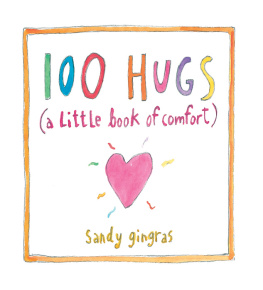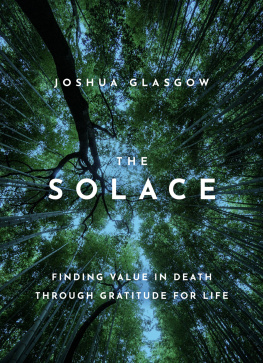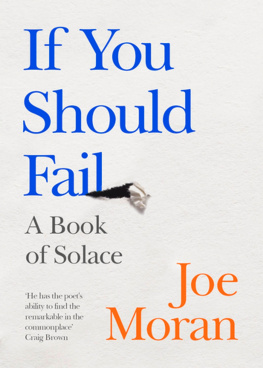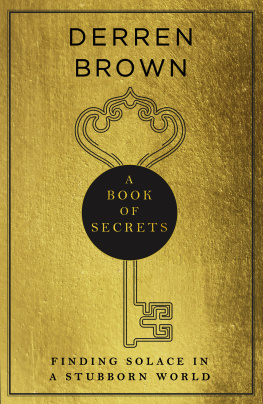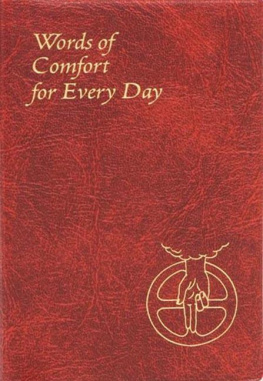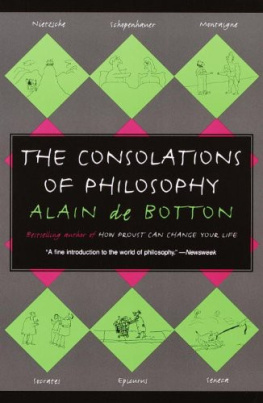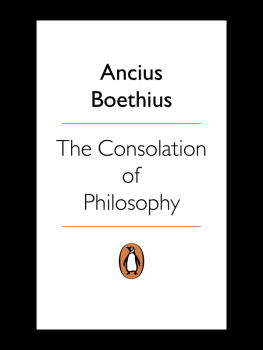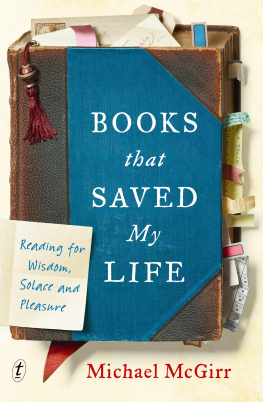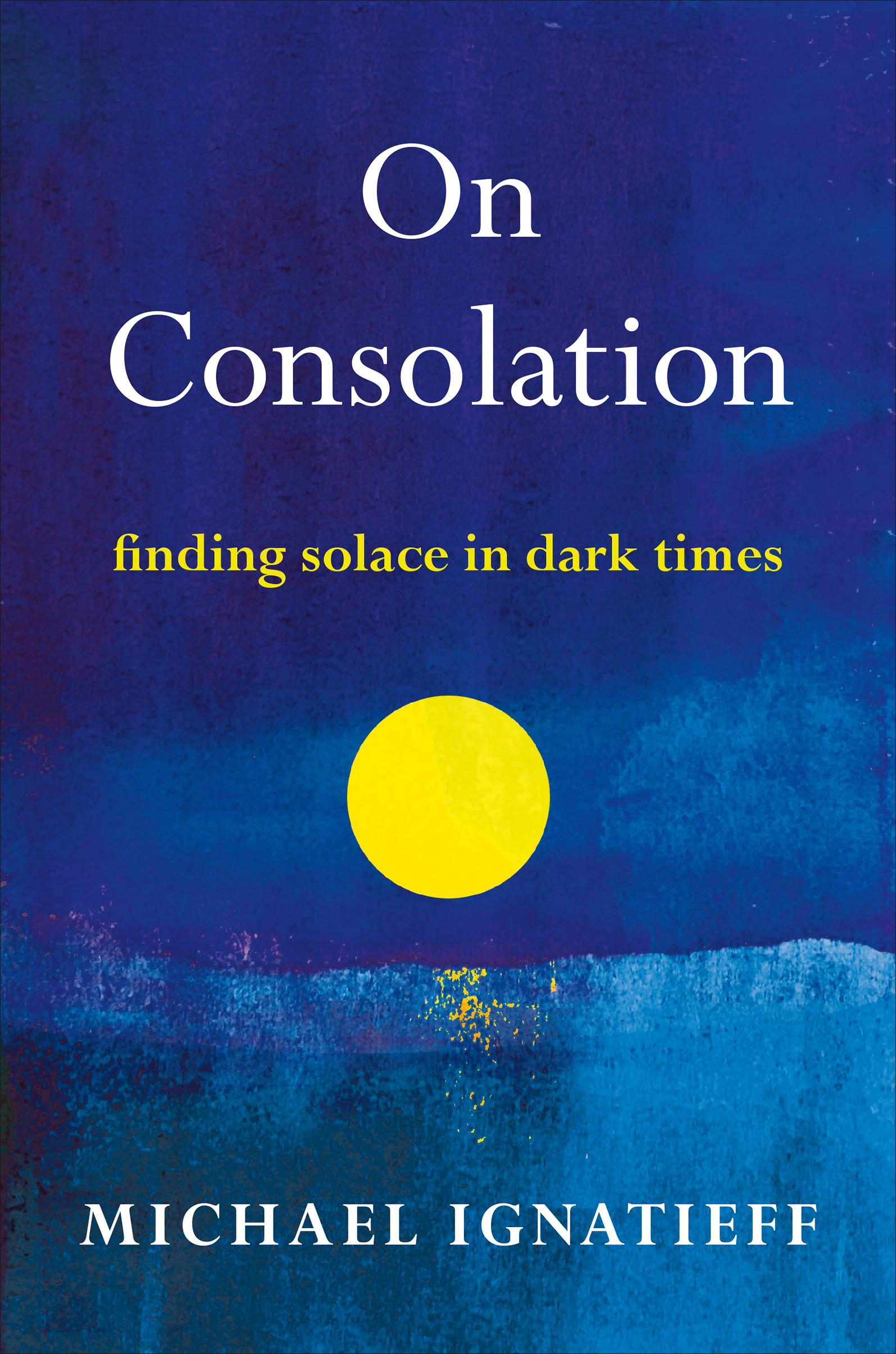Contents
Guide
Pagebreaks of the print version

The author and publisher have provided this e-book to you for your personal use only. You may not make this e-book publicly available in any way. Copyright infringement is against the law. If you believe the copy of this e-book you are reading infringes on the authors copyright, please notify the publisher at: us.macmillanusa.com/piracy.
For Zsuzsanna
This book had its origins in an unusual invitation. In 2017, I was invited to give a talk about justice and politics in the book of Psalms as part of a choral festival in Utrecht at which four choirs would sing settings of all 150 of the Psalms. My lecture was to take place in an interval between performances. Apart from what nearly everyone knowsthe Lord is my shepherd and though I walk through the valley of the shadowI knew little about the Psalms, but I accepted anyway, telling myself I had time to learn. I studied them over a summer in the King James Version of the Bible, read Robert Alters translations from the Hebrew, and gave the lecture. Afterward my wife, Zsuzsanna, and I sat with the rest of the audience, over a Saturday and Sunday, to listen to the choirs, with the words of the Psalms projected in Dutch and English above the stage. The music was beautiful, the words were resonant, and the experience had a cathartic effect I have been trying to understand ever since. I came to give a lecture about justice and politics, but I discovered consolationin the words, the music, and the tears of recognition in the audience.
So that is how the project began: trying to understand the impact of the Psalms on me and others in that concert hall in Utrecht. How had ancient religious language exerted such a spell upon us, especially upon a nonbeliever like me? And what did it mean, exactly, to be consoled?
As I pursued this project over the next four years, it became more enthralling but also more difficult. I felt that I was wading against the current, working on a subject that bewildered friends and colleagues, who often asked me, Why consolation? Why now?
Then in March 2020, COVID-19 sent us all into recurrent lockdowns for a year or more. In the online world that became our global commons, there was a veritable explosion of attempts to provide consolation, to give meaning to our shared feelings of disorientation, fear, loneliness, and raw grief, as the death tolls rose from the scarcely believable to the mutely accepted. Artists, writers, singers, musicians, and thinkers sought to bear witness to the moment and bring comfort to those around them. Zsuzsanna and I, for example, joined thousands online to listen to a Rotterdam orchestra, who, unable to be together, played Beethovens Ode to Joy on Zoom, the musicians in their homes, coordinating their timing through earphones. A pianist, Igor Levit, played Beethoven sonatas every night from his room in Berlin; Simon Rattle accompanied Magdalena Koen as she sang songs by Brahms; poets read poems of solace from their bedrooms; people read aloud from their copies of Camuss The Plague or Defoes A Journal of the Plague Year; rappers rapped; singers sang; intellectuals declaimed.
This outpouring validated the impulse that led me to take counsel from great men and women who lived through times darker than our own and who found consolation in works of art, philosophy, and religion. These works are still there to help us in our hour of need, to perform their ancient task once again.
This book is not a working through of private griefs, but it remains a deeply personal project. The form it has takenportraits of particular men and women in history struggling to find consolationputs special stress on how ideas and meanings are forged in the crucible of experiences at once singular and universal in their significance.
On Consolation is a return to work I did as a historian of ideas in The Needs of Strangers, back in 1984. My understanding of Hume, Condorcet, and Marx, who figure in this book, was formed by my time at Kings College, Cambridge, between 1978 and 1984, as codirector of a project on the history of classical political economy. The philosopher Bernard Williams was the provost of the college during this period; Gareth Stedman Jones and John Dunn were guiding inspirations for the project; and my codirector was that incomparable scholar Istvn Hont, whose death in 2013 at sixty-five is a loss to all who knew him.
During the twelve years that I knew Isaiah Berlin and worked on his biography, I never discussed consolation with him, since he was one of those irrepressibly buoyant people who seemed not to need any at all. But my understanding of Anna Akhmatova, who consoled herself with the hope that her poetry would constitute an imperishable record of Stalins Terror, was shaped by Berlins recollection of his encounter with her in Leningrad in 1945.
As I wrote this book, I became ever more indebted to traditions of scholarship that have made my work possible. The fact that we have some of these texts at allthe book of Job, the book of Psalms, Pauls Epistles, Marcus Aureliuss Meditations, Ciceros letters, for exampleis a testament to the fidelity, over many centuries, of anonymous scholars, copyists, scribes, and translators who saved them from the mice, from fire and plague and human indifference. My modern contemporaries are faithful heirs of these traditions. Here I would like to express thanks to particular individuals who helped me as the project took shape. Yoeri Albrecht issued the original invitation to give the lecture at the festival in Utrecht. I am grateful to Robert Alter for his wonderful translation of the Hebrew Bible and for his reading of Job and the Psalms as works of literature; to Nicholas Wright for his interpretation of Paul and his trenchant criticism of my own; to Rob Riemen for a close and critical read of the manuscript; to Arthur Applbaum for sharing his knowledge of Hebrew and for his writing on Montaigne; to Moshe Halbertal for sharing his understanding of Job with me and for his essay, Job, the Mourner; to Leon Wieseltier for acute editorial suggestions throughout; to Sarah Schroth for her study of El Greco, published more than forty years ago; to Emma Rothschild for her scholarship on Condorcet; to Gareth Stedman Jones for his biography of Marx; to Adam Gopnik for his writing on Lincoln; to the musicologist and conductor Leon Botstein for his knowledge of Mahler; to Karol Berger for sharing his understanding of Wagner and Nietzsche; to Lisa Appignanesi for years of dialogue on Freud and other matters both weighty and frivolous; to Tim Crane for thinking with me about whether we have a right to religious consolations if we do not share religious belief; to Jnos Kis for his thoughts on the relation between consolation and being at peace with fate; to Maria Kronfeldner for her critique of my treatment of hope in Primo Levi; to Carlo Ginzburg for his close and critical reading of my treatment of Primo Levi; to Mark Lilla for his reading of Camus; to Michael Zantovsky, Jacques Rupnik, and Havels exemplary translator Paul Wilson for sharing their friendship and their understanding of Vclav Havel; to Gyz Ferencz for reading and correcting the section of a chapter devoted to the Hungarian poet Mikls Radnti; to the curators of the Anna Akhmatova Museum in Saint Petersburg who shared their love of the poet and their intimate knowledge of her lodgings in the Sheremetiev Palace; to David Clark who enriched my view of Cicely Saunders; and to Tom Laqueur for the luminous scholarship of his



